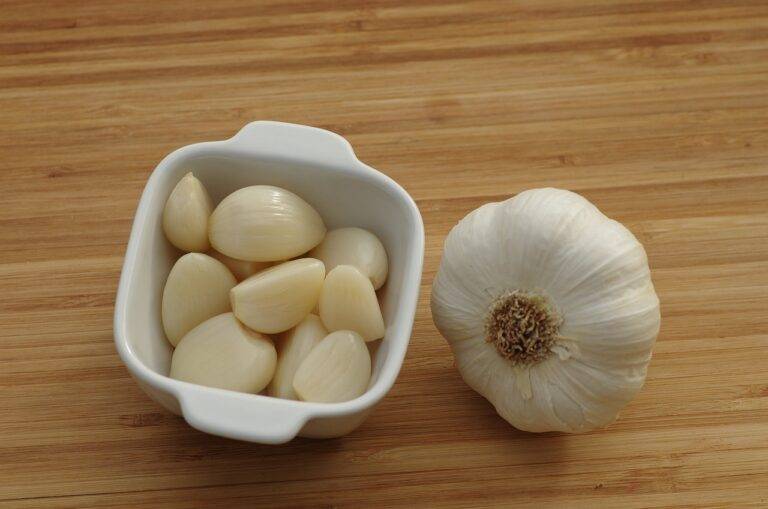The Psychology of Food Addiction: Understanding Cravings and Recovery
Food addiction is a complex and multifaceted issue that involves both psychological and physiological components. Individuals who struggle with food addiction often experience intense urges to consume certain foods, even when they are not physically hungry. This compulsive behavior can lead to feelings of guilt, shame, and loss of control.
The cycle of food addiction typically begins with a trigger, such as stress, boredom, or emotional distress. This trigger sets off a chain reaction in the brain that leads to cravings for specific foods that are often high in sugar, fat, or salt. Consuming these foods can temporarily alleviate negative emotions and provide a sense of comfort, reinforcing the addictive cycle.
Recognizing Triggers for Food Cravings
When it comes to understanding food cravings, recognizing triggers is crucial. One common trigger is emotional stress. Many people turn to food for comfort during challenging times. The release of feel-good chemicals in the brain when eating can temporarily alleviate stress and anxiety.
Another trigger for food cravings is environmental cues. These cues can include seeing a commercial for a favorite snack or walking past a bakery with freshly baked goods. The sight or smell of these foods can stimulate cravings, making it harder to resist indulging. Being mindful of these triggers can help individuals make more intentional choices about their eating habits.
What are some common triggers for food cravings?
Some common triggers for food cravings include stress, emotions, boredom, social situations, and environmental cues.
How can I recognize my triggers for food cravings?
Pay attention to your emotions and thoughts when a craving hits. Keep a food journal to track patterns and identify triggers.
How can understanding the cycle of food addiction help in managing cravings?
Understanding the cycle of food addiction can help you become more aware of your triggers and develop strategies to break the cycle and manage cravings effectively.
Are there any techniques or strategies to help overcome food cravings?
Yes, some techniques to help overcome food cravings include practicing mindfulness, finding alternative activities to distract yourself, staying hydrated, and ensuring you are eating balanced meals regularly.
Should I seek professional help if I struggle with managing food cravings?
If you find that you are unable to manage your food cravings on your own, it may be helpful to seek professional help from a therapist, nutritionist, or healthcare provider who specializes in eating disorders.





